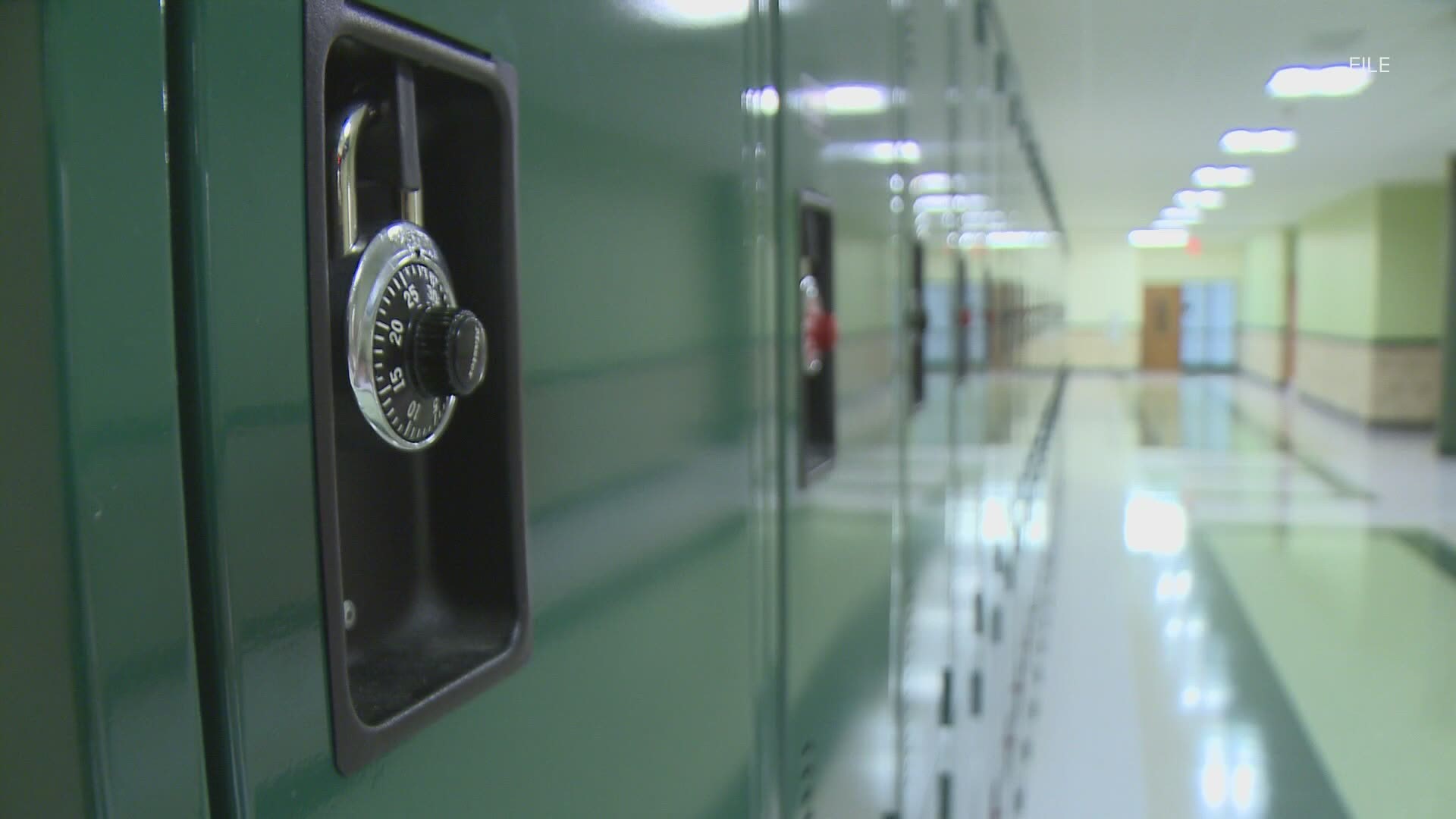Governor Mills has signed a bill, LD1314, into law that is aimed at helping at-risk students receive their high school diplomas.
The state senator behind the bill, Sen. Nate Libby (D-Lewiston), said it's aimed at removing barriers for young people, who experience serious disruptions due to extreme housing instability and homelessness and allows them a better shot at graduating from high school.
"This is a really big deal for young people and their families in Maine," Libby said.
He said the bill offers students, who already have a lot on their plates, a better chance at graduating.
"While they're dealing with lots of other issues, ranging from homelessness, domestic violence, substance use disorder, mental health issues, and then on top of that the pandemic."
Sen. Libby constructed the bill after hearing concerns from groups like 'New Beginnings' in Lewiston, one of the state's only youth shelters.
New Beginnings Executive Director Chris Bicknell testified in front of the state legislature in support of the bill, after he said his young residents came to him with concerns over the obstacles they faced in graduating.
Bicknell said he has seen firsthand how unstable housing situations disrupt schooling. He said, "Lots of young people who experience homelessness may skip a year of school or they have multiple schools during their high school career and that gets in their way."
"This is really about when a student's education is disrupted for reasons, not of their own making," Bicknell said.
The bill aims to help these kids get a fresh start at a new school, in part, by making it easier to transfer credits from system to system.
Now, the Maine Department of Education will examine a student's entire body of work and make an assessment on whether they've completed a sufficient amount to graduate.
"[The Maine Department of Education will] make some reasonable adjustments to help ensure something as small as a quarter credit in fine arts does not prevent that student from getting their diploma," Sen. Libby said.
A high school diploma can have a large impact on the trajectory of a student's life. According to 2019 data from the U.S. Bureau of Labor Statistics, people with a high school diploma bring home—on average—$8,000 more each year, than those without a high school diploma.
Its supporters say this bill will allow more young people who have put in the work, to access more opportunities.
"Nobody as a result of this is going to get a diploma they have not earned and do not deserve," Bicknell said.
The Maine Department of Education testified in support of the bill at the public hearing and provided the committee with data.

